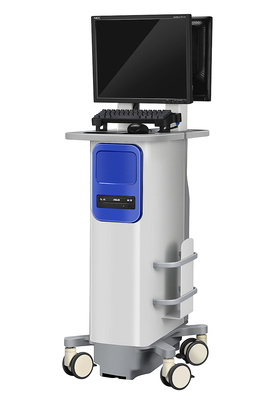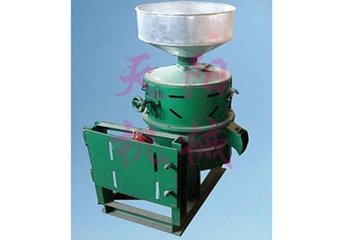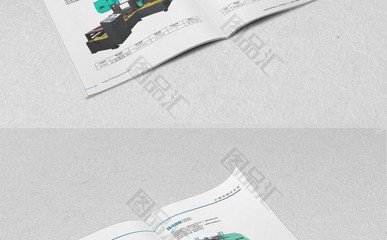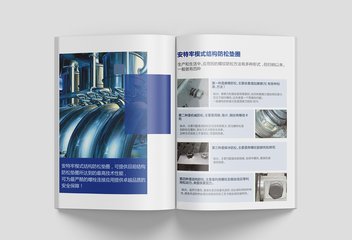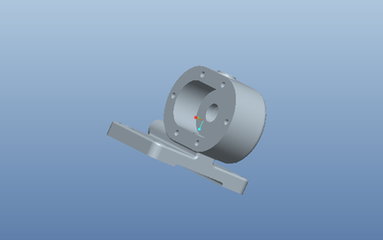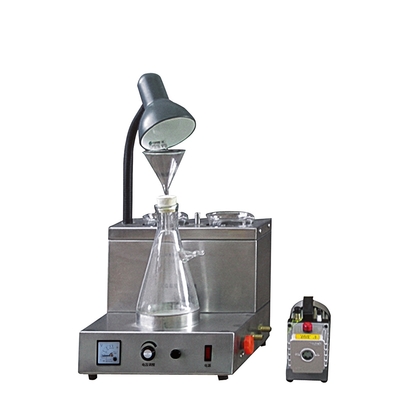主营产品
PRODUCTS CENTER
ABOUT关于我们
大玩家加盟创办于1998年,公司主营产品:玻璃工艺品,主机箱电源,消防车,温度开关。专注于解决开封过滤除尘设备制造厂家,非标螺丝定制,计数包装机面板设置。公司产品均获得CE等认证,欢迎来电洽谈。大玩家加盟致力于对产品的创新。我们为客户提供定制设计、改装等全面周到的服务。我们的产品皆通过 CE 认证并拥有多项技术专利,远销六大洲超过 78个国家。我们还拥有专业的售后团队。产品广泛应用于玩具、丝印特印、汽车、广告等生产领域,为客户提供安装调试及全方位的技术支持。
公司联系人:姜盈秀,联系电话:13417042304。欢迎来电洽谈相关合作!大玩家加盟公司位于--人生最大的罪过是自欺欺人。人生最可怜的性情是自卑。人生最大的破产是绝望。处事不必求功,无过便是功。为人不必感德,无怨便是德。。
公司联系人:姜盈秀,联系电话:13417042304。欢迎来电洽谈相关合作!大玩家加盟公司位于--人生最大的罪过是自欺欺人。人生最可怜的性情是自卑。人生最大的破产是绝望。处事不必求功,无过便是功。为人不必感德,无怨便是德。。
-
专业的
生产车间 -
科学的
管理体系 -
专业的
研发团队 -
完善的
售后服务
新闻中心
NEWS CENTER
MORE+资料下载DOWNLOAD
- 2024-04-19面霜是干嘛的
- 2024-04-19教育软件市场分析
- 2024-04-19电瓶车碟刹是怎么样的
- 2024-04-19纯电动汽车哪一款好
- 2024-04-19梧州二手发电机组批发市场
- 2024-04-19硒鼓价格表
- 2024-04-19秋千简笔画
- 2024-04-19扫地机器人哪个牌子好用
- 2024-04-19圆头锤的作用
- 2024-04-19uv平板机
- 2024-04-19色带和碳带的区别
- 2024-04-19自动灭火装置
- 2024-01-25清理设备作用
- 2024-02-03液压搬运车使用方法
- 2024-02-24发动机曲轴重心
MORE+技术文章ARTICLE
- 2024-04-19搅拌混合设备
- 2024-04-19旧衣物回收箱的意义
- 2024-04-19节水控制器破解
- 2024-04-19取暖器哪种加热效果好
- 2024-04-19云梯搬家车租赁价格
- 2024-04-19威能壁挂炉质量怎么样
- 2024-04-19ks热熔胶怎么使用
- 2024-04-19扫地机怎么样啊值得买吗
- 2024-04-19液压元件在系统图里是怎样表示的
- 2024-04-19雨量监测站的作用
- 2024-04-19did液晶屏和lcd区别
- 2024-04-19滚针轴承公差标准
- 2024-02-05三星手机电池不耐用,教你一招恢复如新
- 2024-03-22泵车润管剂对结构有影响吗
- 2024-01-25辽宁仪器外壳吸塑
合作伙伴
PARTNER

